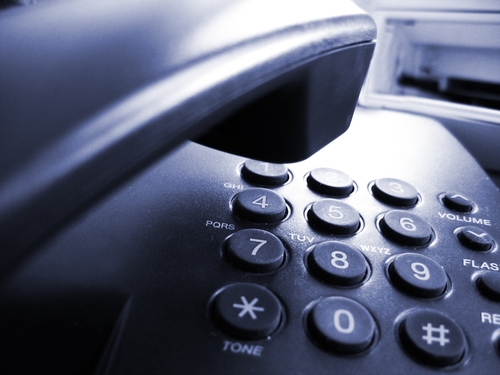Pharmacist-led telephone triage halves number of urgent same-day GP appointments

A pilot scheme has seen the number of same-day GP appointments reduce by half due to practice-based pharmacists triaging patients over the phone for urgent conditions.
The initiative, piloted by St John’s Way Medical Centre (SJW) in Islington, London, was implemented to tackle GP workload, improve staff morale and maintain continuity of care in return.
Under the service, patients needing urgent GP appointments were instead either dealt with on the phone or signposted to other services by a clinical pharmacist.
As a result, the triage service saw a reduction in the need for face-to-face GP appointments by more than 50% within the first three months of launch.
In addition, it has saved 34 hours of GP time during the working week by ‘replacing one of the on-call GPs with the pharmacist from Tuesday to Friday and by reducing the running time of the service by two hours each day’.
It follows praise for the new five-year settlement for community pharmacy, which introduced funding for new same-day consultations with pharmacists from October. The RCGP said it could help tackle GP pressures, but warned that it should not be seen as a ‘silver bullet’ to addressing the pressures in primary care.
SJW practice manager Jack Johnson-Rose and clinical pharmacist Amira Shaikh said: ‘Employing clinical pharmacists in GP practices means that GPs can focus their skills where they are most needed, for example on diagnosing and treating patients with more complex conditions. This helps GPs to manage the demands on their time.
‘Our aim was to reduce GP workload to a more manageable and sustainable level to improve staff morale, encourage effective teamwork, and maintain excellent clinical outcomes and continuity of care for patients. We propose to reduce the total number of non-essential GP encounters by 10% and to reduce the number of repeat prescription signings by 20%.’
They added: ‘A three-month review of the project has shown positive results. We have managed to reduce the waiting time for patients to see a GP on the same day and have also reduced the total number of same day face-to-face contacts with a GP. Our data shows that 50% of patients who used the telephone triage system are either managed entirely on the phone without the need for a face-to-face GP appointment, or are signposted to an alternative appropriate service such as a community based health provider.
‘We have saved 34 hours of GP time over the working week by replacing one of the on-call GPs with the clinical pharmacist from Tuesday to Friday and by reducing the running time of the service by two hours each day.’









